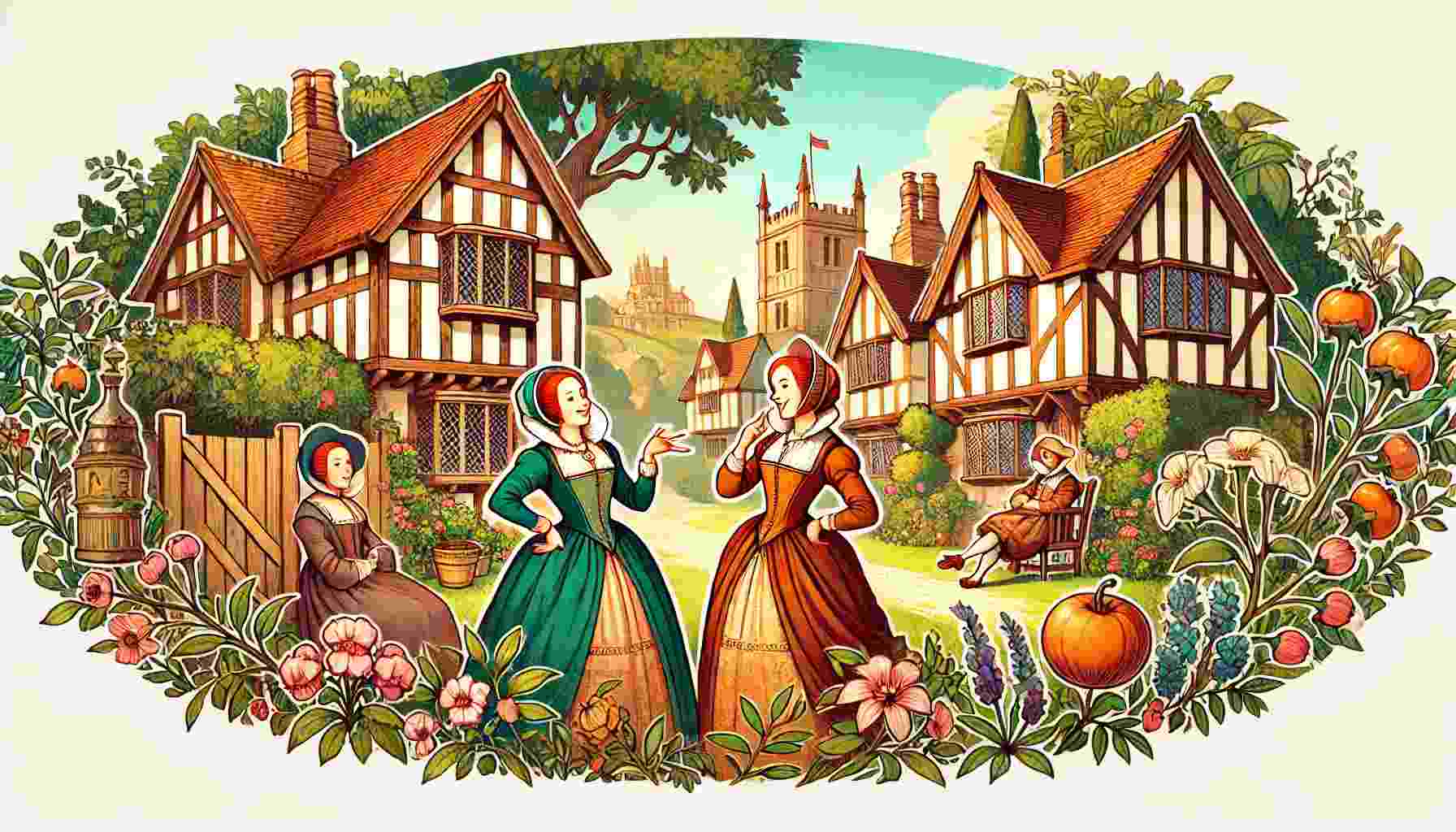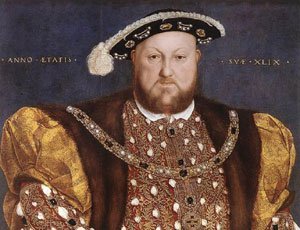The earliest mentions of Robin Hood are in ballads. Ballads reflect the social conditions of the period and the region produced many of them; there are ballads, too, of outlaw life and the most famous is that of Robin Hood and his carefree yeomen and their varied adventures in the “ Merry Greenwood”. His fame was known to the author of Pierce Plowman, but how much earlier we cannot say. He
is the people’s counterpart of aristocratic heroes like Sir Gawain. Courteous, ever ready for an adventure and with a rough and ready sense of humor, he is the champion of the weak and the friend of honest poverty. As an outlaw he is free from the ordinary restraints of law. Though loyal to the king,
Robin Hood levies with a clear conscience on knights and barons, bishops and abbots and bestows the silver with equal readiness on those who need it. He takes the law into his own hand and deals out rough justice on the spot, as when in Robin Hood and Allen A Dale he not only prevents the marriage of Allen’s sweetheart to an old man but unites the lovers in a very unecclesiastical ceremony. He has, of course, the physical virtues which benefit the yeoman ideal, such as uncanny skill with the bow and the long staff. His life is marked by frequent encounters with the sheriff of Nottingham, and if he generally comes of them successfully, not the least reason is his sincere and unfailing devotion to the Our Lady.
More than thirty ballads recount his lively adventures, but about 1500, and perhaps earlier, a number of episodes were woven together into a miniature epic printed as A Gest of Robyn Hode.
Traduzione
Le prime menzioni circa Robin Hood si ritrovano nelle ballate. Le ballate riflettono le condizioni sociali del periodo e la regione ne produsse molte; ci sono ballate anche riguardo la vita fuorilegge e la più famosa è quella di Robin Hood a dei suoi spensierati guardiani e delle loro svariate avventure nell’ “ Allegro Bosco”. La sua fama era nota all’autore di Piers Plowman, ma non si può dire quanto precedentemente. Egli rappresenta la controparte popolare degli eroi aristocratici
come Sir Gawain. Cortese, sempre pronto per un’avventura e con un rozzo e spiccato senso dell’umorismo, egli è il paladino del debole e l’amico dell’onesta povertà. Come fuorilegge egli è libero dalle ordinarie restrizioni della legge.
Benchè leale al re, Robin Hood tassa in piena coscienza cavalieri e baroni, vescovi e abati e con la medesima prontezza dona l’argento a coloro i quali ne hanno bisogno. Egli tiene la legge in pugno e dispensa una violenta giustizia immediata, come quando in Robin Hood and Allen A Dale non solo impedisce il matrimonio dell’amata di Allen con un uomo anziano ma unisce gli innamorati in una cerimonia decisamente non-ecclesiastica. Egli possiede, ovviamente, le virtù fisiche di cui beneficia il paladino ideale, come un’inspiegabile destrezza con l’arco ed il bastone. La sua vita è segnata da frequenti incontri con lo sceriffo di Nottingham, e se egli generalmente ne viene fuori con successo, la ragione non ultima è la sua devozione sincera e costante verso La (sua) Signora.
Più di trenta ballate raccontano delle sue movimentate avventure, ma intorno al 1500, e forse anche prima, alcuni episodi furono intrecciati in un piccolo poema epico pubblicato come A Gest of Robyn Hode.







